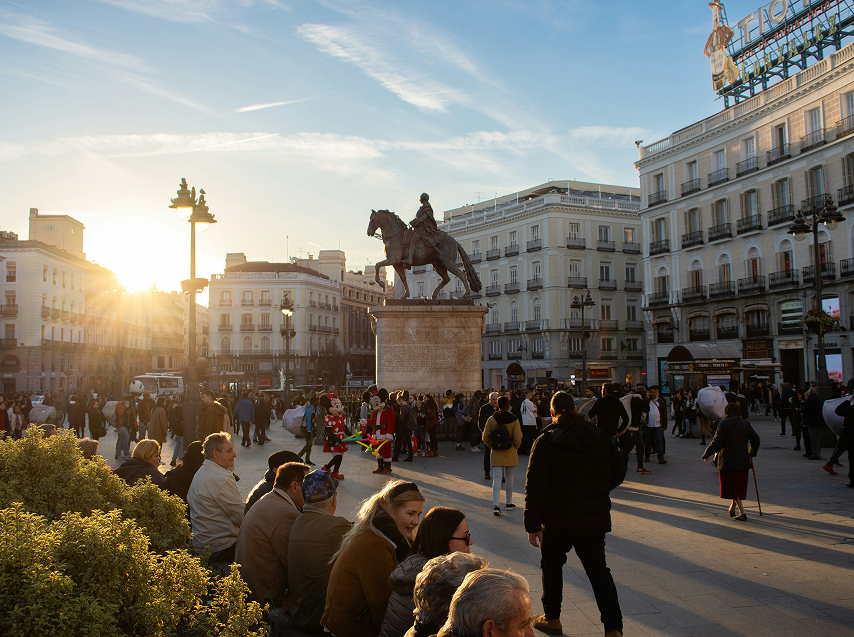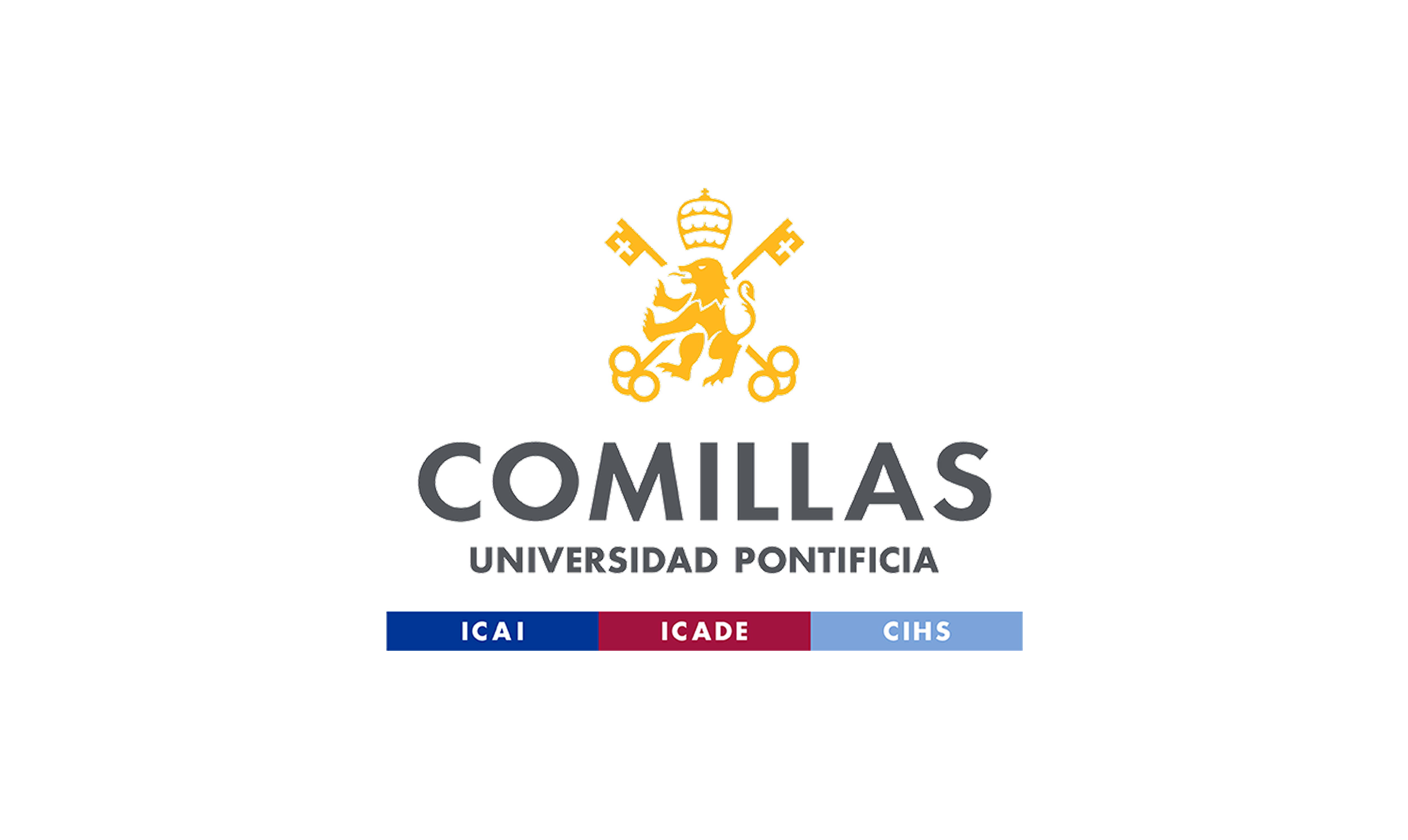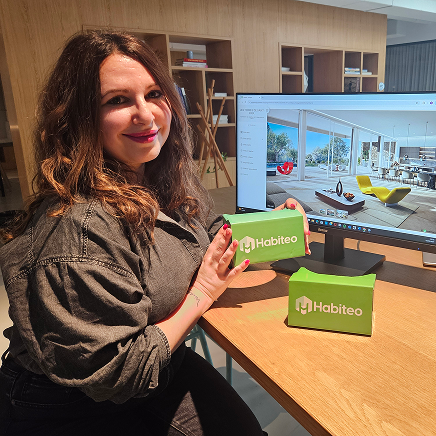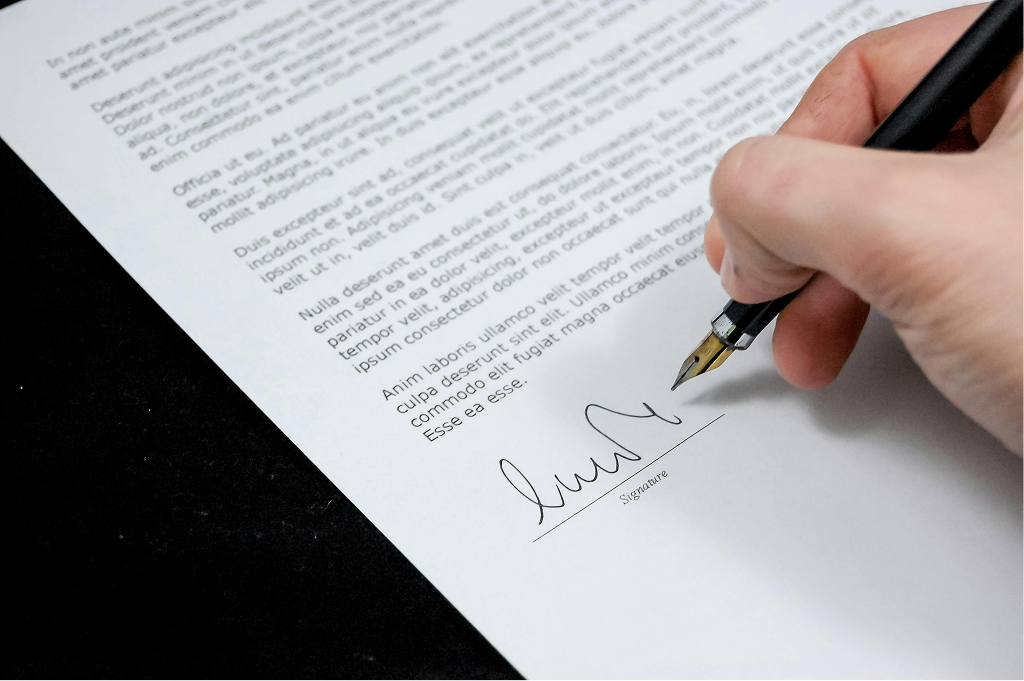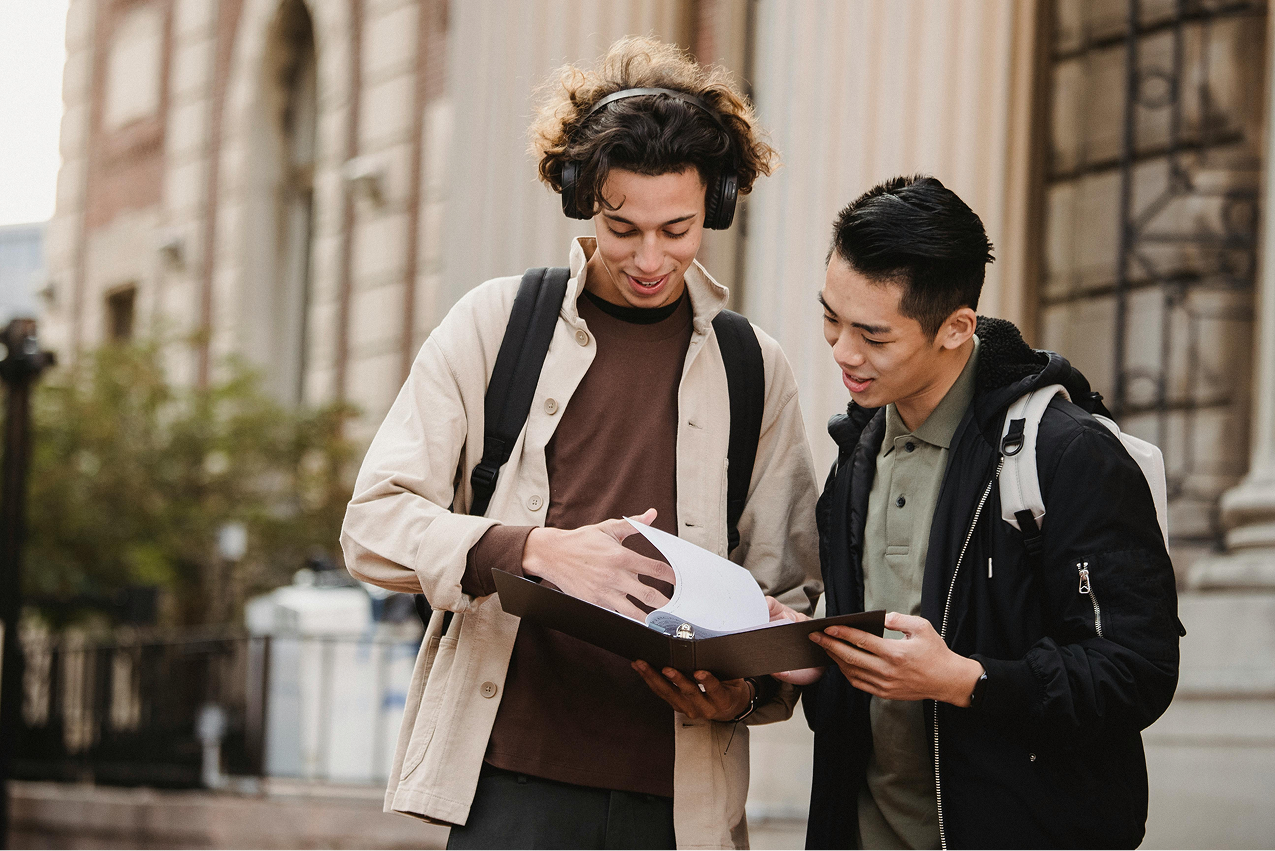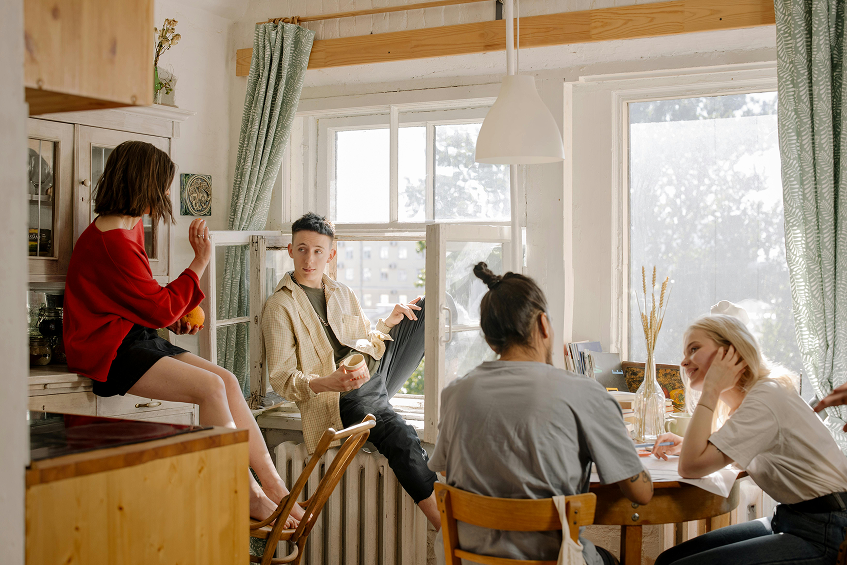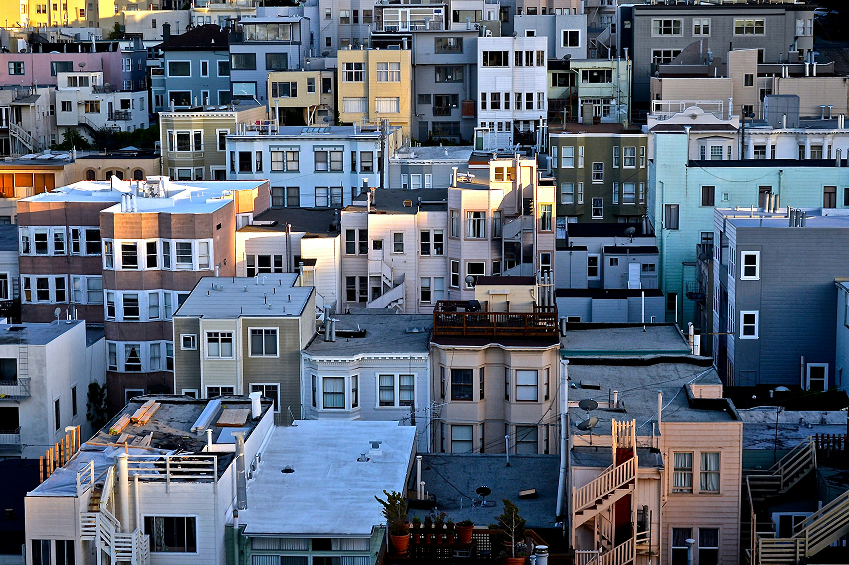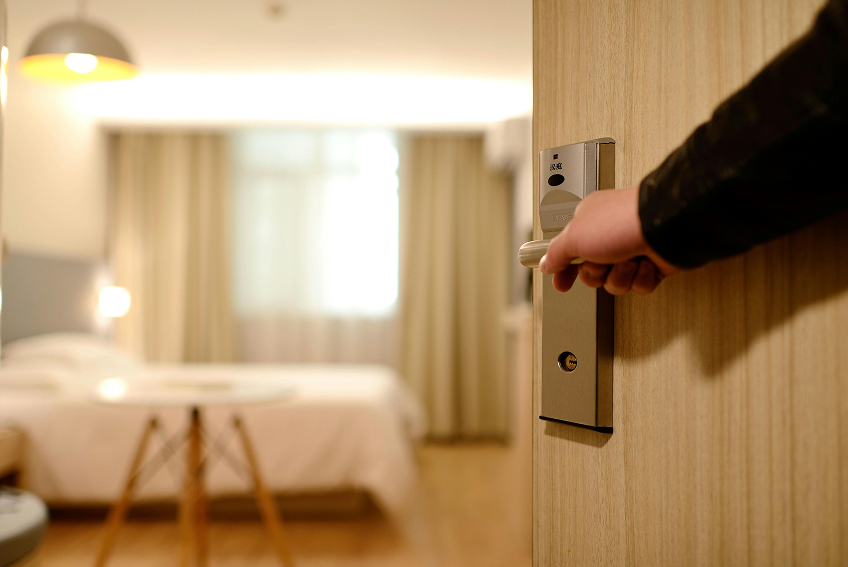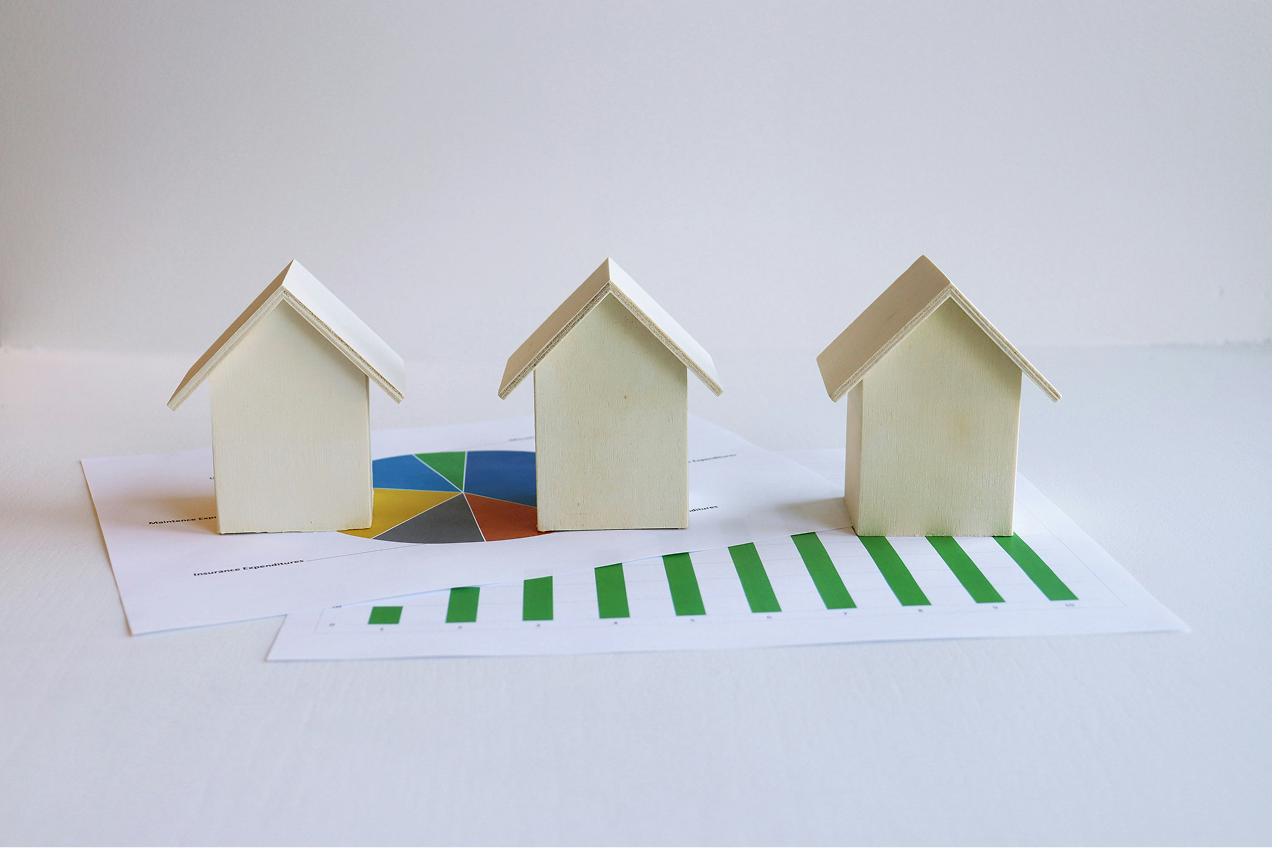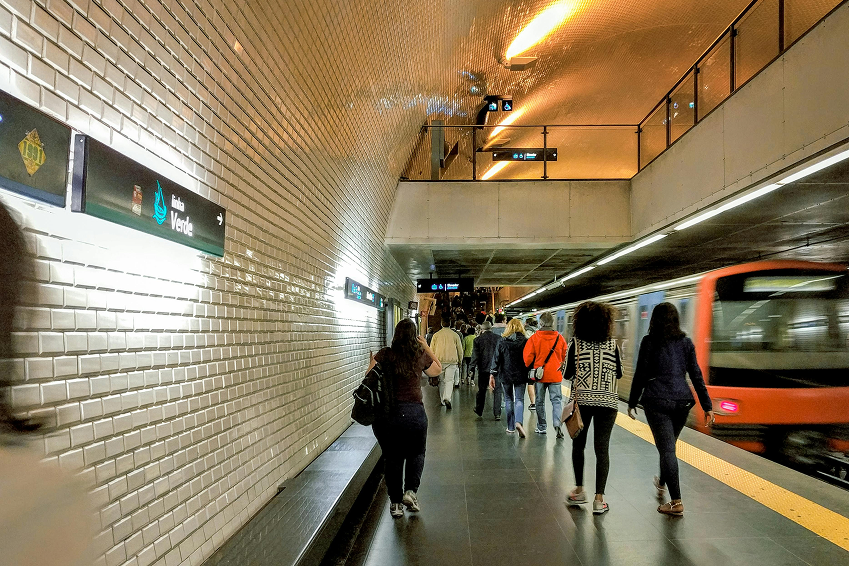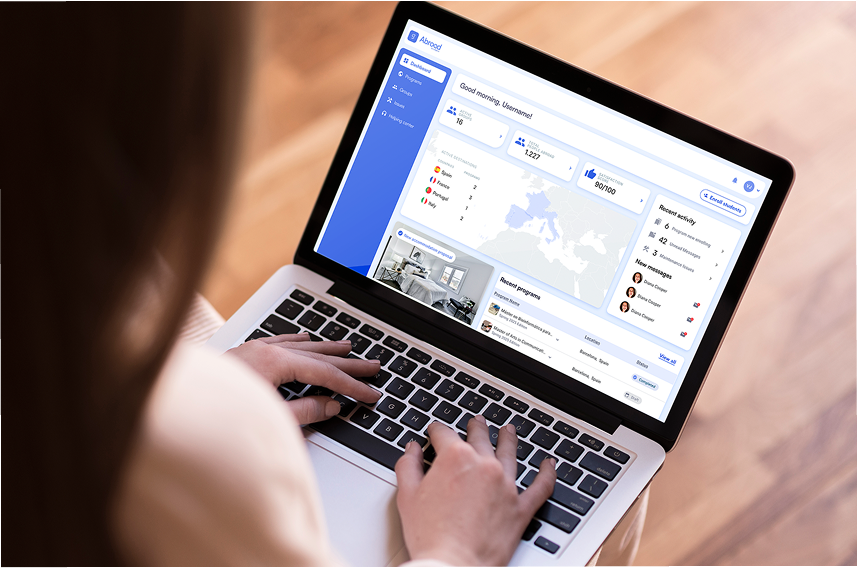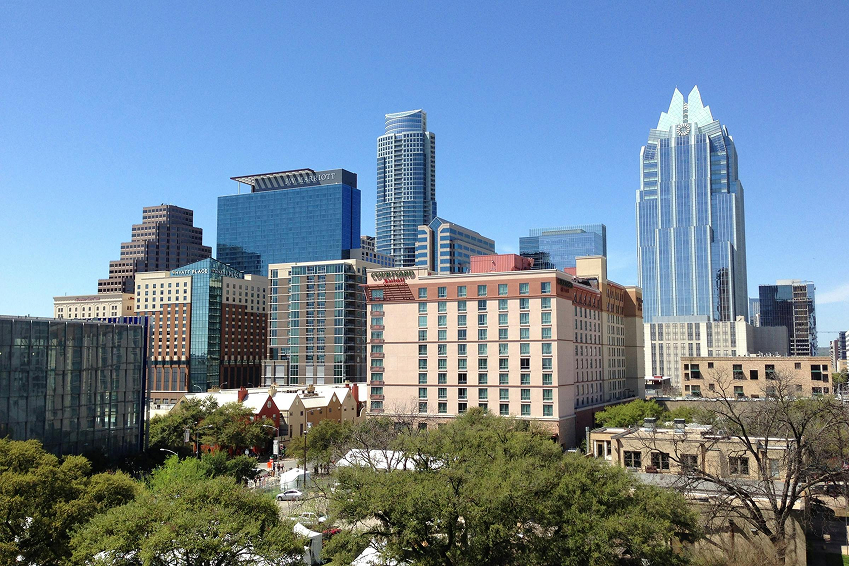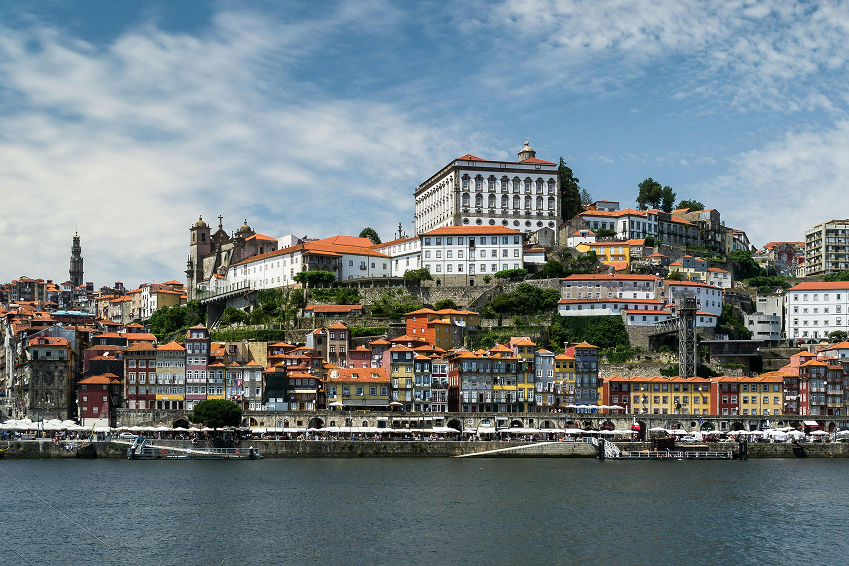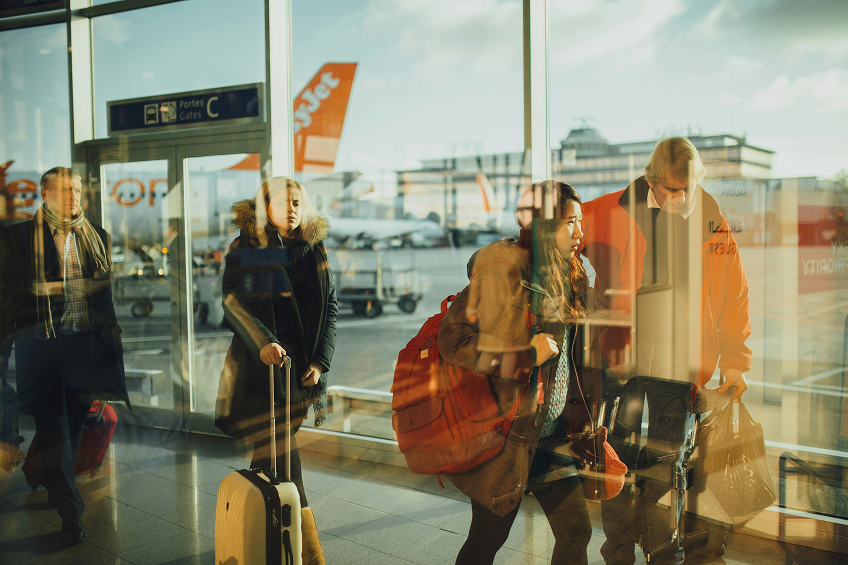Index
Receive our newsletter
Frankfurt, located in the heart of Germany, is a cosmopolitan city that stands out as a major global financial and business hub, hosting the European Central Bank and one of the most influential stock exchanges. Its economic dynamism is complemented by a rich cultural and historical heritage, making it a fascinating destination.
During World War II, the city suffered significant damage but successfully rebuilt itself, blending modernity and tradition into a vibrant metropolis with a distinctive skyline. Its meticulously restored old town preserves its medieval essence, with the iconic Römerberg square serving as the epicenter of local history.
This cultural offering is further enriched by diverse gastronomy, charming traditional markets, and renowned events such as the Frankfurt Book Fair, the most prestigious of its kind worldwide, attracting thousands of visitors and industry professionals each year.
How to get to Frankfurt?
Frankfurt is home to one of Europe’s busiest airports, Frankfurt Airport (FRA), located about 12 km from the city center. Additionally, the city boasts Frankfurt Central Station (Frankfurt Hauptbahnhof), one of Europe’s major railway hubs, offering connections to numerous national and international destinations.
From the airport, you can reach the city via:

Bus: several local and long-distance buses operate from the terminal. The 61 bus goes to Südbahnhof station in about 30 minutes, with tickets starting at €4.

Train (S-Bahn): the S8 and S9 lines connect the airport to Frankfurt Hauptbahnhof (Central Station) in about 15 minutes. Trains run every 10-15 minutes, and a ticket costs around €5.60.

Taxi & Rideshare: a taxi ride to downtown Frankfurt costs between €30 and €40 and takes approximately 20-25 minutes, depending on traffic. You can also use rideshare services like Uber or Bolt.
Living in Frankfurt
What is the cost of living in Frankfurt?
Frankfurt is one of the most expensive cities in Germany, especially when it comes to housing. Renting an apartment in the city center can exceed €1,500 per month, while prices outside the center tend to be more affordable. The cost of food and transportation is also high compared to other cities in the country. You can calculate your expenses through Expatistan.
How to move around Frankfurt?
Frankfurt boasts a highly efficient and well-connected public transportation system, making it easy for both residents and visitors to navigate the city. Managed by the Rhein-Main-Verkehrsverbund (RMV), the network integrates metro (U-Bahn), suburban trains (S-Bahn), trams, buses, and bike-sharing services under a unified ticketing system. Public transport is known for its reliability, frequent service, and accessibility, making it a preferred option over driving. Whether commuting daily or exploring the city's attractions, Frankfurt's transportation options provide convenient and cost-effective mobility.

Buses: buses complement the metro and tram services by reaching areas not covered by other transport modes. Major routes include line 30 (Bornheim – Bad Vilbel) and line 36 (through Sachsenhausen). Additionally, Frankfurt has a night bus network (n-lines), running until 3:00 a.m., ensuring mobility after metro and S-Bahn services close. Prices follow the RMV fare system, with single tickets at €3.40 and monthly passes available.

Metro (The U-Bahn): consists of nine lines that connect the main districts of Frankfurt, allowing for quick and frequent travel. Trains operate from early morning until midnight, with a frequency of every 5 to 15 minutes depending on the time of day. A single ticket costs around €3.40, while a monthly pass is approximately €97, offering unlimited travel within designated zones.

Suburban Train (S-Bahn): the S-Bahn is a suburban rail network that connects Frankfurt to nearby cities and towns within the Rhine-Main region, such as Wiesbaden, Mainz, and Darmstadt. The nine lines operate from 4:00 a.m. to 1:30 a.m., with trains running every 15-30 minutes. A single fare varies based on distance but typically starts at €4.90 for short trips within the city.

Trams: Frankfurt’s tram network is one of the most convenient ways to move around the city center and surrounding neighborhoods. With 10 lines, trams operate frequently and provide a great alternative to buses or the U-Bahn. The ticketing system is the same as for other public transport modes, with single rides costing €3.40, and the monthly pass covering all tram routes.
Taxi services: Taxis in Frankfurt have a base fare of €4.00 and a per-kilometer rate of €2.40. Since December 2024, passengers can arrange fixed prices when booking in advance, with rates between €2.40 and €4.00 per kilometer. A typical journey from the airport to the city center costs between €35 and €45, taking approximately 20 minutes.
Bicycles: for eco-friendly and flexible travel, Frankfurt offers Call a Bike, a bike-sharing service operated by Deutsche Bahn (DB). Bikes can be rented from various stations across the city, making short-distance travel convenient. The service costs €1 for the first 30 minutes, with daily rates around €9. Monthly and yearly subscriptions are also available for frequent users.
What are the best universities in Frankfurt?
Frankfurt is a city with a strong academic offering. Its universities enjoy international prestige and provide a wide range of programs.

Goethe University Frankfurt
Founded in 1914, it is one of the most important universities in Germany, excelling in fields such as economics, law, and natural sciences. It has multiple campuses and one of the largest libraries in the country.
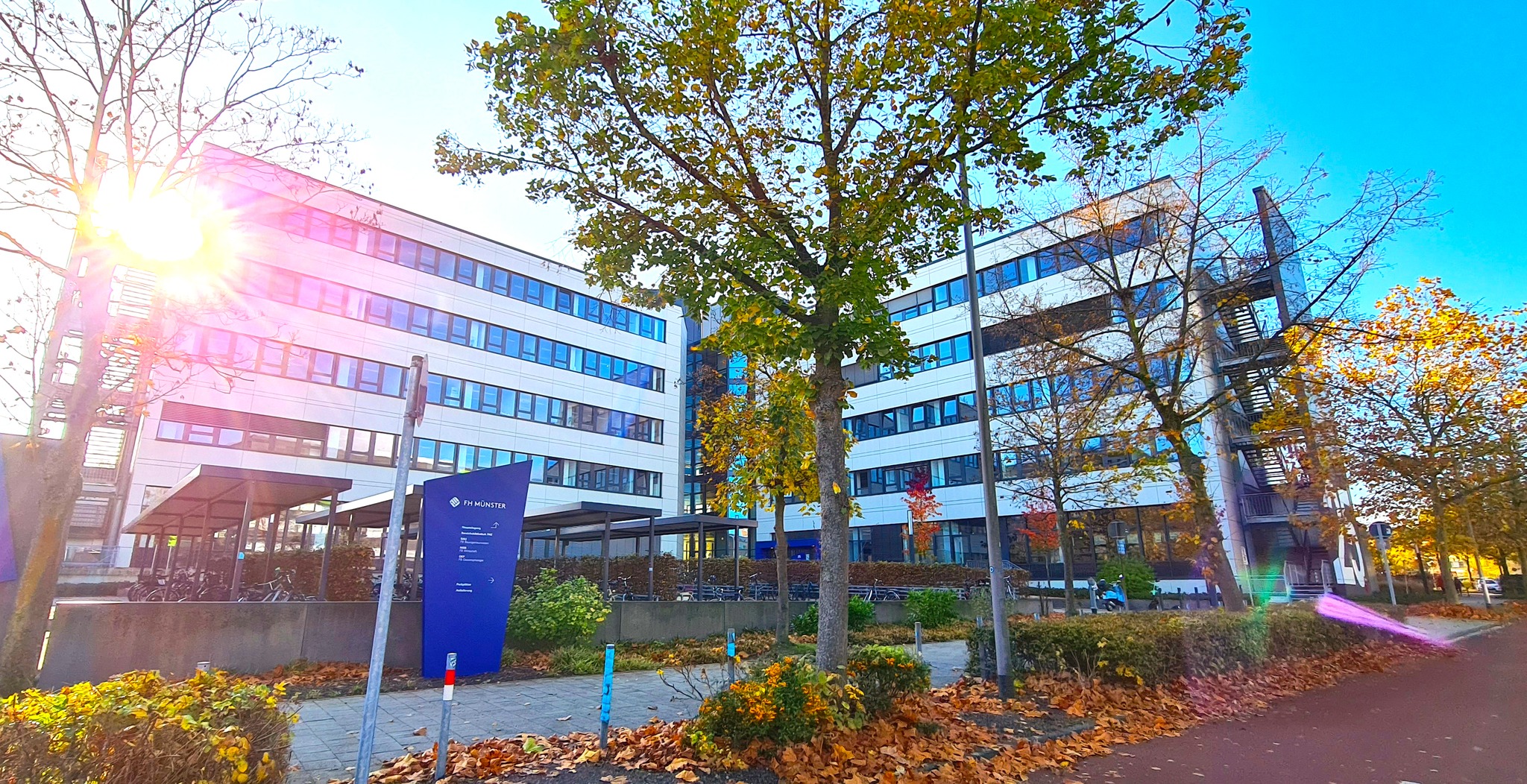
Frankfurt School of Finance & Management
A private institution specializing in economics and business, it is highly regarded for its MBA programs and finance training. It has strong ties to the city's business and financial sectors.
.png)
Frankfurt University of Music and Performing Arts
Established in 1938, it is one of Germany’s leading schools for music and performing arts. Its programs include musical performance, orchestra conducting, and theater.
.jpg)
Frankfurt University of Applied Sciences
This institution focuses on practical training in engineering, computer science, architecture, and business management. It is distinguished by its applied research approach and close ties to the industry.
Tourism in Frankfurt
What are the best parks in Frankfurt?
Palmengarten, founded in 1871, is one of the most impressive botanical gardens in Germany and an ideal destination for nature lovers seeking tranquility. With an extensive collection of exotic plants and themed landscapes from different regions of the world, the park features greenhouses, lakes, and pathways surrounded by flowers and trees. In addition to being a perfect place for a leisurely stroll, Palmengarten hosts cultural events and outdoor concerts throughout the year.
Additionally, Grüneburgpark, located in the Westend district near Goethe University Frankfurt, is a spacious green area that combines wooded sections with open meadows ideal for sports, reading, or simply unwinding. This land once belonged to a private estate but is now a public park frequently visited by students, families, and anyone looking to escape the urban rush. Its proximity to the Botanical Garden and Palmengarten makes it a natural connection point between the city’s green spaces.
What monuments and historical sites does Frankfurt have?
Frankfurt is a city with a rich and fascinating history that seamlessly blends its modern character with significant architectural and cultural heritage. Over the centuries, it has witnessed key historical events, and many of its buildings and monuments reflect this evolution. From its reconstructed old town to its iconic churches and bridges, the city offers numerous points of interest for those eager to explore its historical legacy.
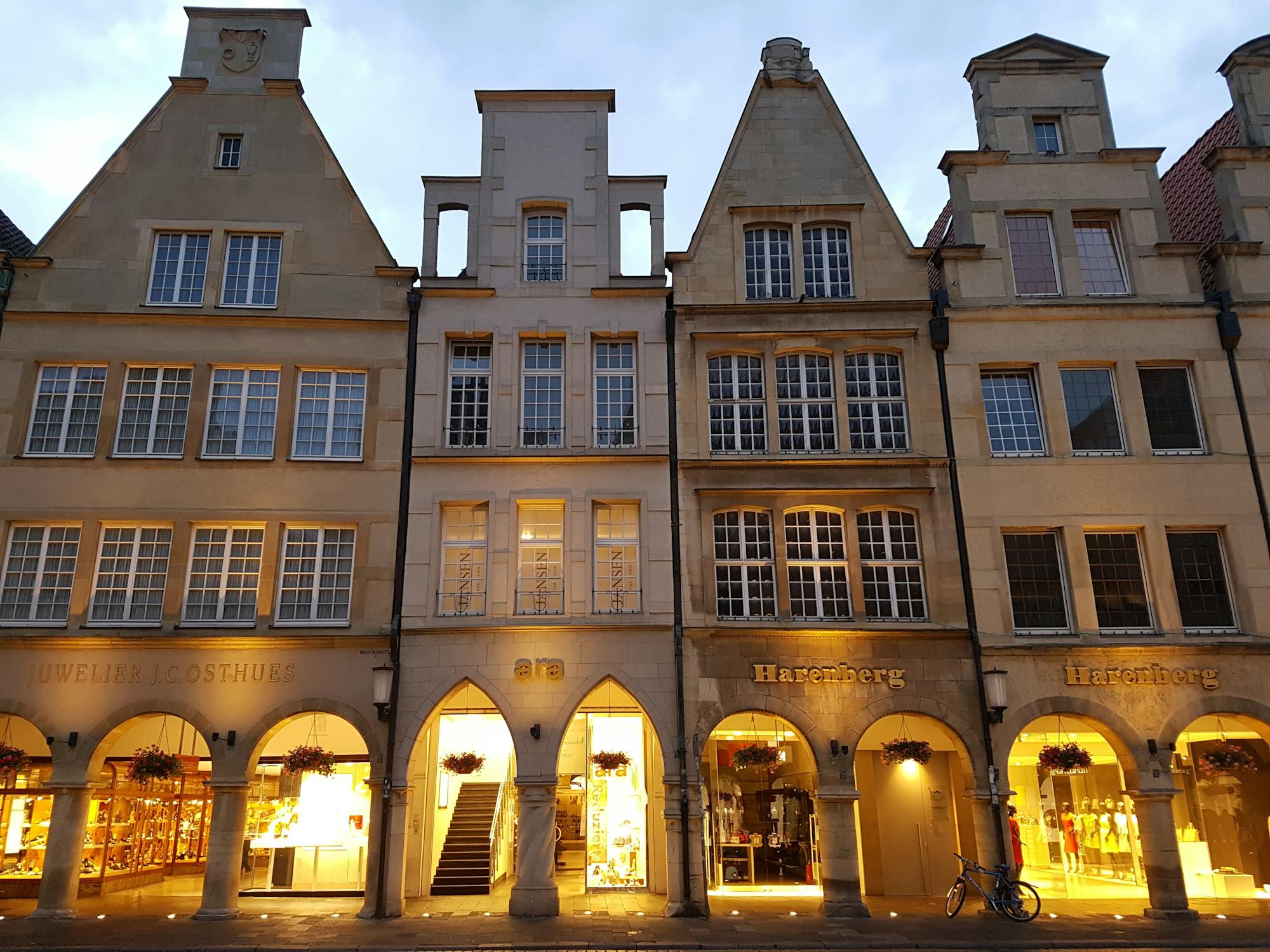
Römerberg
This square is the heart of Frankfurt's old town and one of the city's most emblematic locations. Surrounded by half-timbered buildings, it is home to the historic Frankfurt City Hall, known as Römer. Throughout the year, the square hosts fairs, markets, and events such as the famous Christmas market.
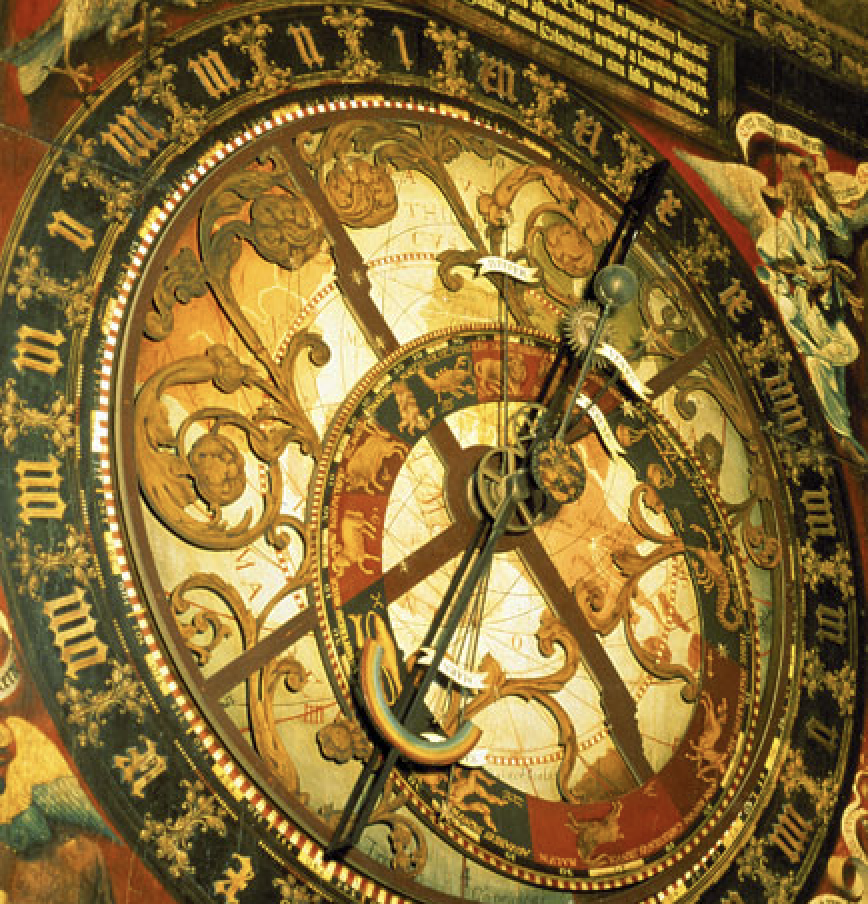
St. Bartholomew’s Cathedral
Also known as Kaiserdom, this Gothic cathedral was the site of the coronation ceremonies for the Holy Roman Emperors. Its imposing 95-meter tower offers panoramic views of the city, while its interior houses valuable artworks and a rich religious history.
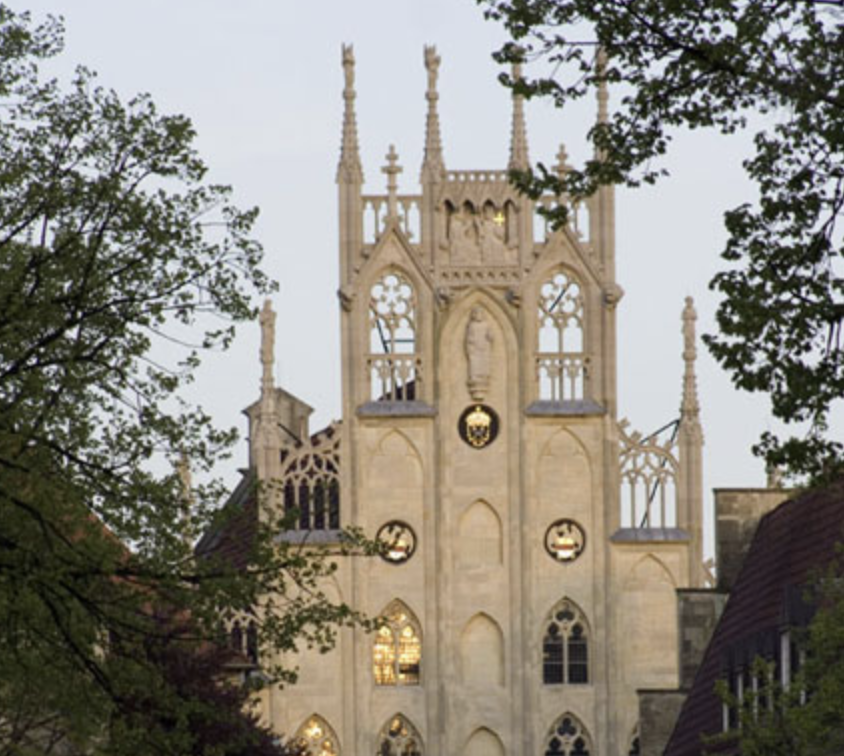
Goethe House
This museum, located in the house where Johann Wolfgang von Goethe was born in 1749, provides an in-depth look at the life and works of the renowned writer. The house has been restored with period furnishings and displays manuscripts, letters, and personal items belonging to the author of Faust.
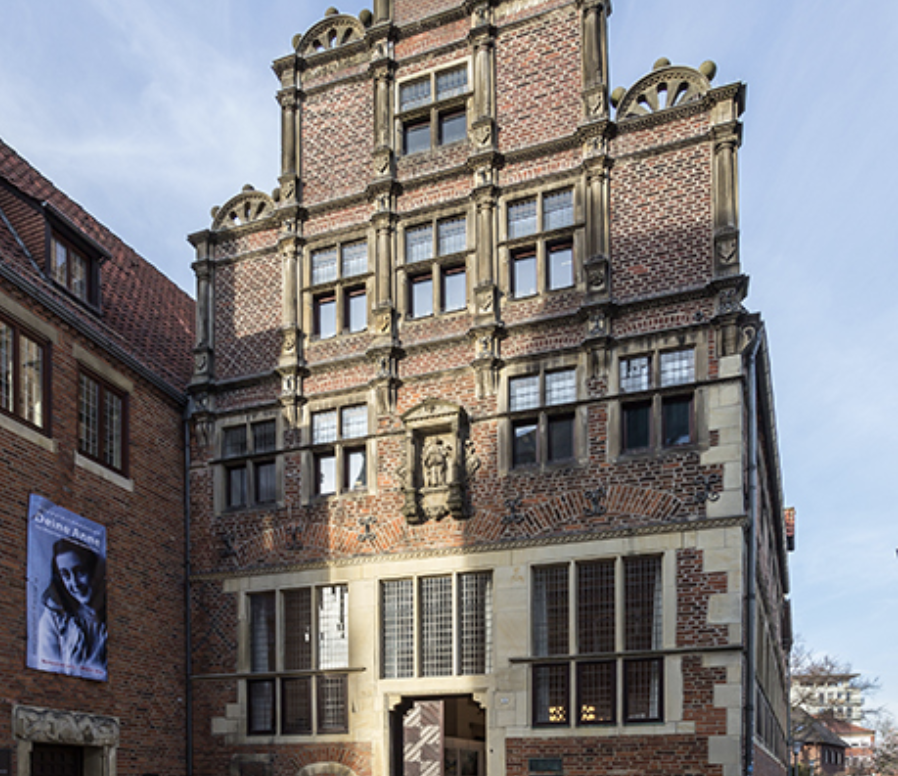
Eiserner Steg
This pedestrian iron bridge, built in 1868, spans the Main River and connects the city center with the Sachsenhausen district. It is an iconic spot for photography enthusiasts and offers one of the best views of Frankfurt’s skyline, especially at sunset.
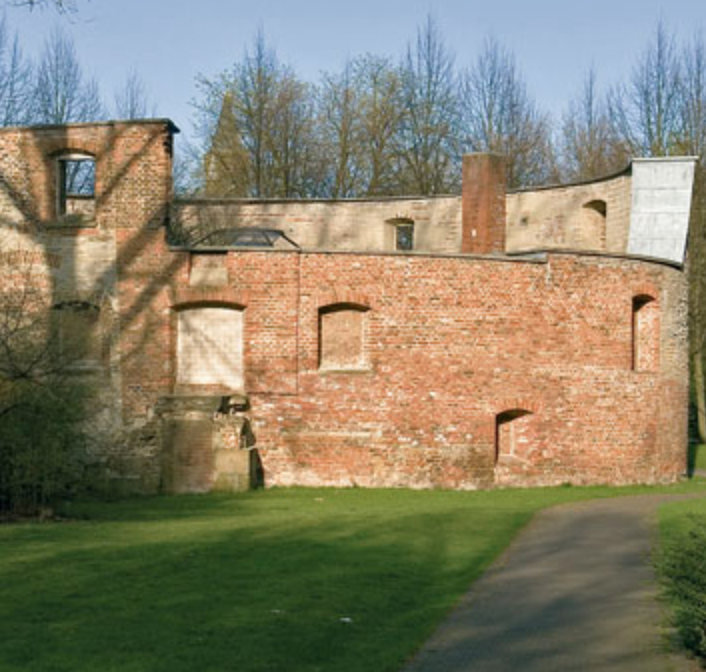
Alte Oper
Originally inaugurated in 1880, the Old Opera House of Frankfurt was destroyed during World War II and rebuilt decades later. Today, it serves as a prestigious concert hall hosting internationally renowned musical and cultural events.
What museums are there in Frankfurt?
Frankfurt boasts a thriving cultural scene that combines tradition and innovation, with internationally renowned museums dedicated to classical art, local history, and contemporary artistic movements.
The Städel Museum is one of the most important art museums in Germany and Europe. Its collection spans more than 700 years of art history, from the 14th century to the present day. Among its highlights are masterpieces by Rembrandt, Vermeer, Rubens, Monet, and Picasso, as well as works by contemporary artists such as Gerhard Richter. In addition to its permanent collection, the museum hosts prestigious temporary exhibitions, lectures, and educational programs that offer a profound insight into the evolution of Western art.
The Historical Museum Frankfurt (Historisches Museum Frankfurt) invites visitors to explore the city’s rich history, from its medieval origins to its role as a global financial center. Its permanent exhibition combines historical objects, documents, models, and interactive media that allow visitors to delve into topics such as trade, architecture, and everyday life in Frankfurt over the centuries. The museum also dedicates a special section to the city’s reconstruction after World War II, showcasing its resilience and spirit of renewal.
The Museum of Modern Art Frankfurt (Museum für Moderne Kunst - MMK) is one of Europe’s leading museums of contemporary art. Its collection features works by influential artists such as Andy Warhol, Roy Lichtenstein, Joseph Beuys, and Cindy Sherman. The building itself, designed by architect Hans Hollein, is considered a masterpiece of modern architecture. The MMK is distinguished by its focus on current debates in art and culture, offering temporary exhibitions, educational programs, and collaborations with international artists aimed at connecting modern art with contemporary society.
Leisure in Frankfurt
What is the nightlife like in Frankfurt?
Frankfurt has a diverse nightlife scene with options for all tastes. From electronic music clubs to live music venues, the city offers a variety of spaces to enjoy a night out.
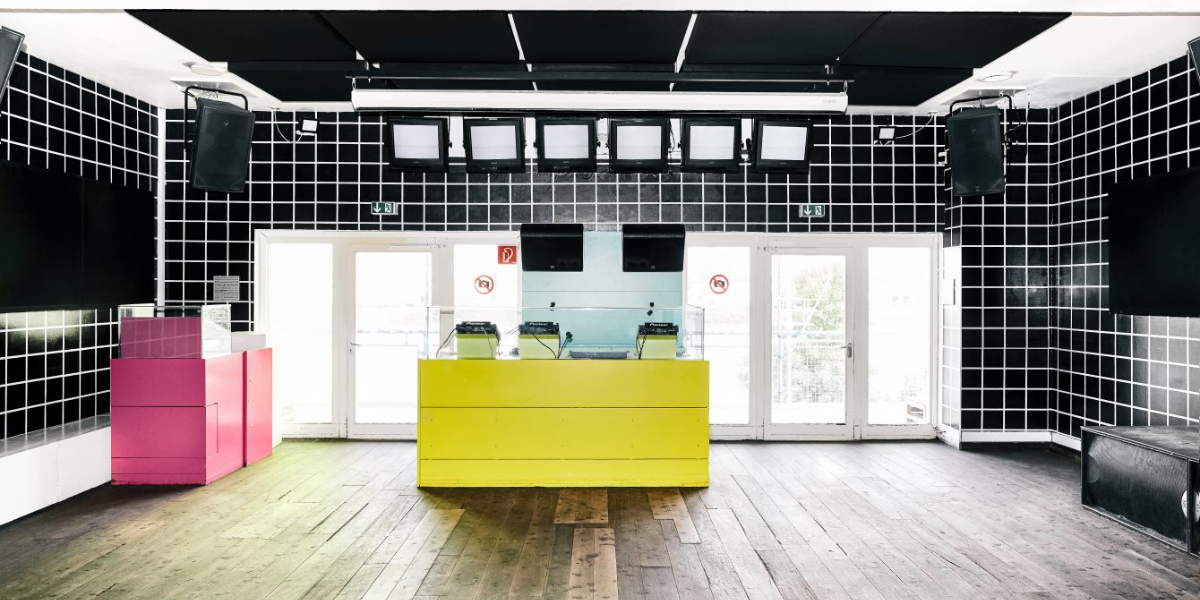
Robert Johnson
One of Germany’s top electronic music clubs, this intimate venue on the Main River is a hotspot for house and techno fans, known for its excellent sound system and top-tier DJs.
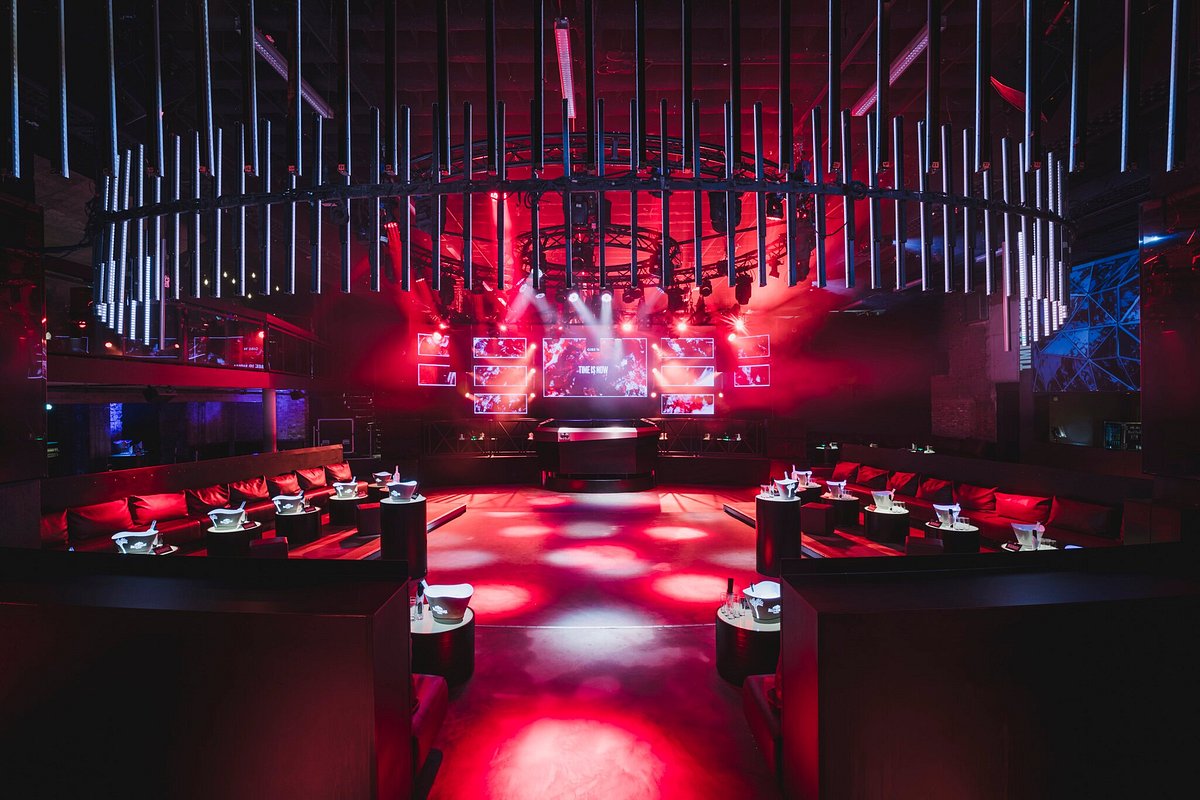
Gibson Club
With a large dance floor and live performances, this club is a go-to destination for those looking for commercial music and high-quality shows. Its modern design, excellent sound system, and vibrant atmosphere make it a favorite among locals and tourists.
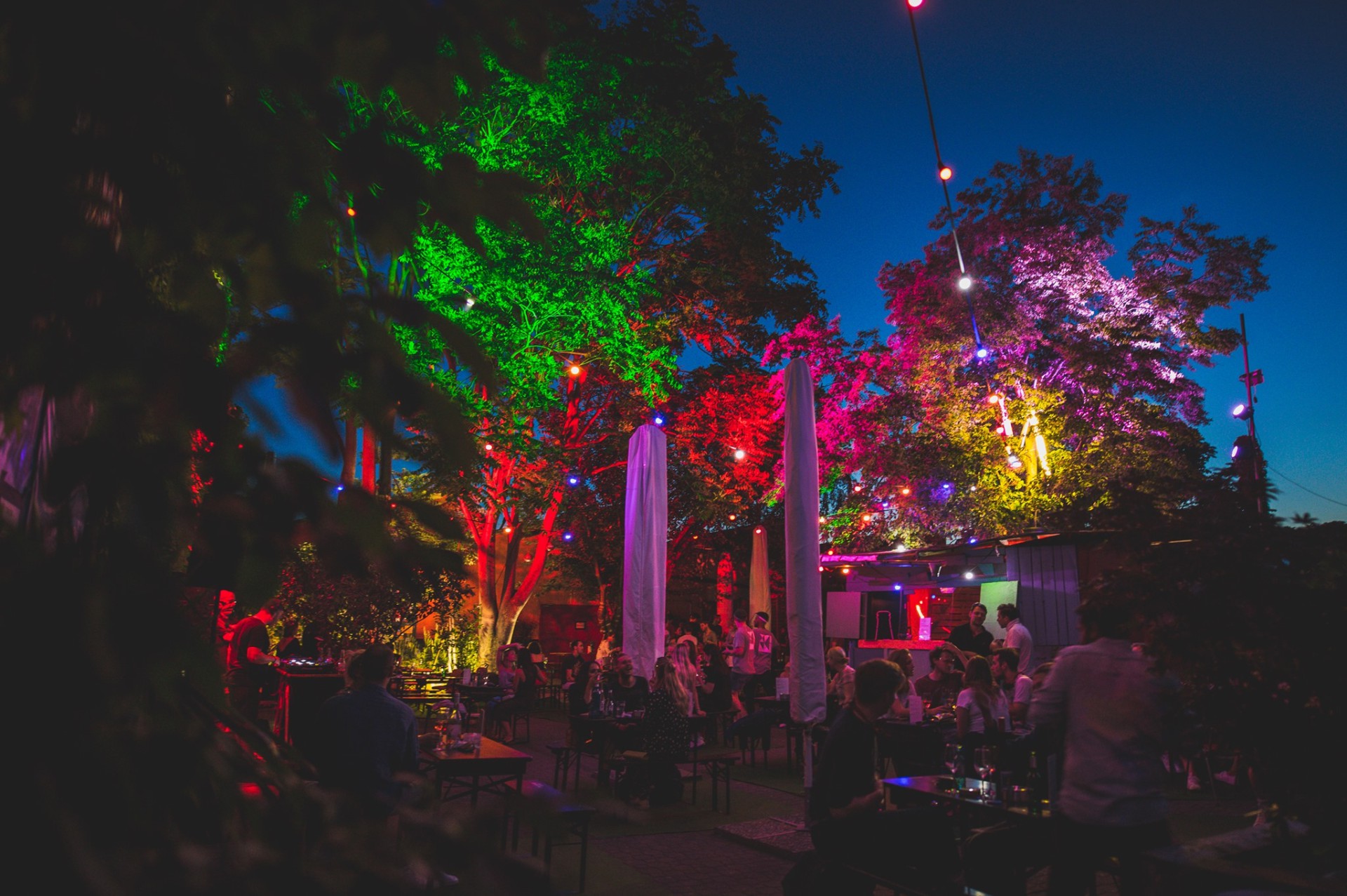
Tanzhaus West
An ideal spot for techno and alternative music enthusiasts, this nightclub is located in a former ink factory that has been transformed into a dynamic venue. It features a varied lineup of international DJs and offers a unique atmosphere with live music performances in an outdoor garden, making it a must-visit destination for electronic music lovers.
Where to go shopping in Frankfurt?
Zeil Street is the city’s main shopping hub, offering a wide variety of stores, boutiques, and department stores. For a more exclusive atmosphere, Goethestraße is the place to go, featuring luxury brands and international designers. Another highlight is the MyZeil Shopping Center, a modern mall known for its striking contemporary architecture and its extensive selection of shops and restaurants. In the Sachsenhausen district, visitors can find small design shops and local markets, the perfect place for those looking for something more authentic and alternative.



